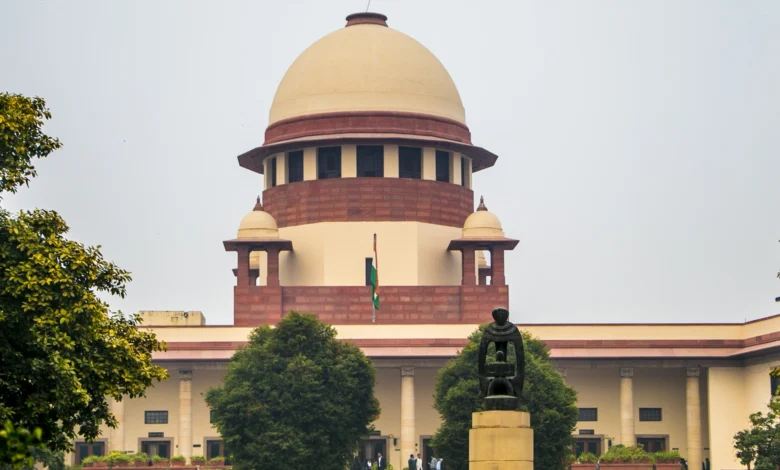Supreme Court Upholds Assam Government’s Decision to Cancel Recruitment List of 104 Constables

The Supreme Court of India has upheld the Assam government’s 2016 decision to cancel a recruitment list for 104 Constables in the Assam Forest Protection Force (AFPF). The original recruitment process was initiated in 2014 under the Indian National Congress-led government, but the subsequent BJP government scrapped the selection list, citing irregularities.
Supreme Court’s Ruling on Recruitment Cancellation
A bench comprising Justice Dipankar Datta and Justice Manmohan ruled that the cancellation of the selection list was not arbitrary or unfair. The Court reasoned that the government has the authority to ensure a fair recruitment process, and if any discrepancies are found, it has the right to cancel the selection list.
The petitioners had argued that they were unfairly removed from the recruitment process after being selected. However, the Court observed that the entire selection process needed to be fair and transparent. If the selection was based on flawed criteria, the government was justified in canceling it.
Concerns About Arbitrariness in Recruitment
The Supreme Court emphasized that when a selection process is based entirely on interview marks without proper evaluation of other criteria, it raises concerns about possible favoritism or bias. The judgment reaffirmed that public sector recruitment should be conducted with fairness and transparency to ensure deserving candidates are selected.
Impact of the Judgment
This ruling sets an important precedent for future recruitment cases, reinforcing that:
- Governments have the right to cancel selection lists if they find irregularities.
- Recruitment processes must be transparent and fair, without undue influence.
- Candidates cannot claim automatic rights to employment if the selection process itself is flawed.
The verdict underscores the importance of maintaining integrity in government hiring processes, ensuring that only the most qualified and deserving candidates are selected for public service roles.
